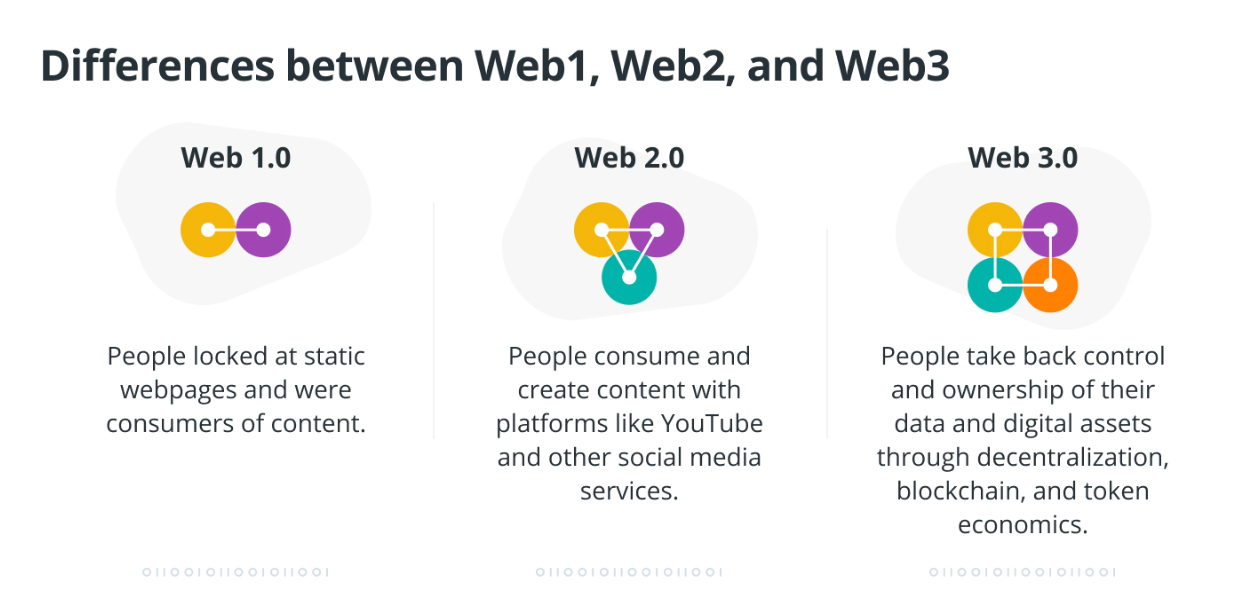Web3: A Pillar for Digital Rights and Privacy in 2025
As the digital landscape evolves, Web3 emerges as a critical tool for safeguarding digital rights and privacy, redefining how individuals interact with their data in an increasingly interconnected world. Experts and industry leaders point to decentralized identity solutions, data ownership, and quantum-resistant cryptography as key drivers of this transformation.
Empowering Individuals Through Decentralized Identity
Edison Chen, CEO of Web3 health and wellness company CUDIS, emphasizes the revolutionary potential of decentralized identity solutions in empowering users to take control of their personal data. Speaking to Cointelegraph, Chen explained how selective disclosure will enable individuals to choose how their data is shared and monetized:
“Historically, big companies have controlled user data, often monetizing it without consent. That’s changing. People now want to own their data and decide how it’s shared and monetized.”
This paradigm shift is particularly critical in sectors like healthcare, where patient privacy is paramount. Advances in artificial intelligence (AI) have heightened concerns about the misuse of sensitive information, making decentralized systems a necessary countermeasure.
Tackling Privacy Threats in the AI and Quantum Era
David Holtzman, Chief Strategy Officer at the Naoris decentralized security protocol and author of Privacy Lost: How Technology is Endangering Your Privacy, warns of the escalating risks posed by centralized data repositories.
Holtzman notes that centralized systems are inherently vulnerable due to single points of failure, making them prime targets for cyberattacks. AI amplifies this vulnerability by enabling the rapid compilation of heuristic data, such as blockchain transaction records, which can be exploited to target individuals or institutions.
Adding to the challenge is the rise of quantum computing, which threatens to undermine current encryption standards, putting financial systems, cryptocurrencies, and even national security at risk. Holtzman, however, sees a silver lining:
“Both these threats can be mitigated by decentralized blockchain technologies. Quantum-resistant cryptography and decentralized AI offer robust defenses against these emerging challenges.”
Decentralized AI: A Human-Centric Approach
Decentralizing artificial intelligence introduces a layer of human oversight, curbing the risks associated with unrestrained AI systems. Tether CEO Paolo Ardoino highlighted the importance of localizing AI models in July 2024, arguing that running AI solutions directly on personal devices, such as smartphones and laptops, ensures:
- User privacy
- Independence from corporate control
- Protection against centralized server hacks
Ardoino’s vision aligns with the broader Web3 ethos of distributing control to individual users rather than centralized entities.
Why Web3 Matters for Privacy in 2025
In a world increasingly shaped by AI and quantum computing, Web3 offers a robust framework to protect digital rights and personal privacy. Through decentralized systems, quantum-resistant cryptography, and localized AI solutions, Web3 ensures that users retain control over their data while staying shielded from emerging cyber threats.
Looking Ahead
The convergence of Web3 technologies and advanced cryptographic methods marks a pivotal moment for digital privacy. As centralized systems face growing scrutiny, Web3’s decentralized infrastructure provides a sustainable path forward, giving individuals the tools they need to safeguard their digital futures.
Stay updated on how Web3 continues to reshape the digital world, bringing new opportunities for privacy and data ownership.
Share This






